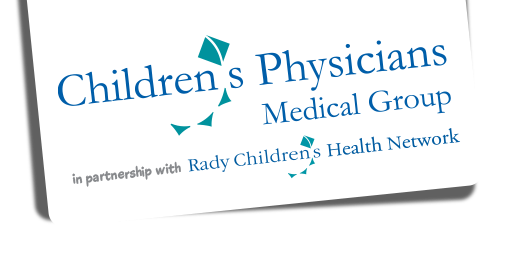by Dr. Gina Rosenfeld

Tongue Tie Explained:
Ankyloglossia, commonly referred to as tongue-tie, is a medical condition that limits the mobility of the tongue. Although typically benign, this condition can become serious if the limited use of the tongue affects a child’s ability to feed or maintain oral health. Ankyloglossia is caused when the frenulum, the flap of skin attaching the tongue to the bottom of the mouth, develops too short and tight, restricting lingual movement. Since this condition is believed to be mostly hereditary, children with ankyloglossia are likely to have at least one parent who suffered or suffers from the condition.
Treatment:
In most cases, medical professionals will recommend time as the best form of treatment for ankyloglossia. During prenatal development, the frenulum is much more than a connecting flap of skin; it’s actually a strong cord of tissue that directs the development of other internal oral structures, like the tongue, gums and teeth. Although the frenulum begins to slowly thin and recede before birth, this process can still be seen for up to several weeks after birth. Unless the condition becomes serious, many doctors will recommend waiting up to a year before exploring surgical treatment options because some frenulums are simply slow to recede. If the frenulum fails to fully recede, surgery may still not be necessary. The body’s ability to adapt to physical anomalies actually allows some frenulum to stretch and elongate naturally over time, which is often enough to remove the need for surgery all together.
Speech:
Although ankyloglossia is easy for doctors to diagnose with a quick oral examination, the symptoms can be difficult to spot until the child begins to form sentences. A difficulty with pronouncing words with the letters d, l, n, s, t and th will be fairly obvious to detect as the child grows older. A mother may also be able to tell if her child has ankyloglossia before they can talk if the child is unable to latch while breast-feeding. Mothers who bottle-feed may not notice any symptoms because bottle nipples don’t require full mobility of the tongue in order to extract the milk.
Speech therapy has shown successful results with treating articulation issues associated with ankyloglossia. For young children with minimal symptoms, a “wait and see” approach along with speech therapy may be considered.
Surgery:
The procedure to surgically release the tongue from an over attached frenulum can be done on a person of almost any age. Some parents elect surgery before their child’s first birthday while others wait to see how their child will adapt to the condition. If a newborn is having trouble latching and/or feeding, a frenotomy (simple clipping of the frenulum) can be done in the doctor’s office. Many parents will elect surgery to cure ankyloglossia in their child to help them avoid the social struggles that can accompany the condition. Along with affecting speech, ankyloglossia can make the tongue too restricted to clean food from the teeth and mouth. This can cause bad breath, the appearance of bad hygiene and negative attention from peers.
